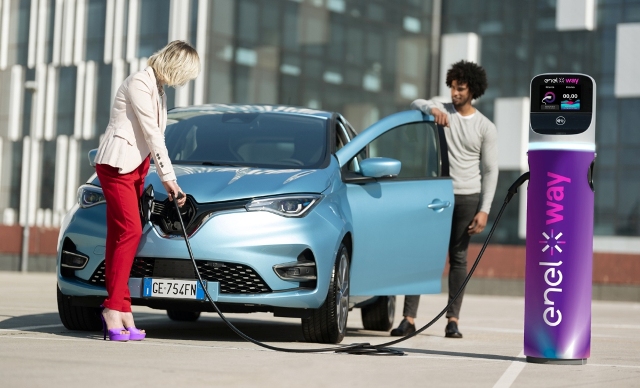The United States plans to allocate nearly $1.1 billion in grants to General Motors (GM) and Stellantis, the parent company of Chrysler, to assist in the conversion of existing plants for the production of electric vehicles (EVs) and their components.
This move is part of a broader $1.7 billion initiative announced by the Department of Energy (DOE) to support the transition of 11 at-risk plants across eight states, aiming to produce 1 million EVs annually, retain 15,000 jobs, and create 3,000 new positions.
Energy Secretary Jennifer Granholm said that grants are a cornerstone of the Biden administration’s industrial strategy, aimed at modernizing traditional auto manufacturing facilities. She noted that federal support has been crucial for automakers to remain competitive, especially against countries that heavily subsidize their auto industries.
General Motors reported revenue of $171.8 billion, net income of $10.1 billion and EBIT-adjusted of $12.4 billion in 2023. General Motors annual gross profit for 2023 was $19.138 billion, a drop of 8.78 percent from 2022.
Stellantis said net profit rose 11 percent to €18.6 billion in 2023. Stellantis posted 6 percent increase in revenue to €189.5 billion.
The plants receiving these grants are located in key states, including Michigan, Ohio, Pennsylvania, Georgia, Illinois, Indiana, Maryland, and Virginia — several of which are pivotal for the upcoming November presidential election. The White House is making a concerted effort to court union workers in these battleground states and assure autoworkers that the shift to EVs will not lead to job losses.
General Motors will receive $500 million to convert its Lansing Grand River Assembly Plant in Michigan for EV production. While the specifics of the EV models to be produced have not been disclosed, GM has confirmed that the plant will continue to manufacture the Cadillac CT4 and CT5.
President Biden has been actively encouraging U.S. automakers to increase EV production, introducing new tax incentives and funding EV charging infrastructure. Additionally, regulators have implemented stricter emissions standards to drive EV sales. In contrast, former President Donald Trump has criticized Biden’s EV policies and pledged to reverse them if elected.
This investment aligns with GM’s strategy to transition from internal combustion engine vehicles to electric vehicles, aiming to phase out gas-powered vehicles by 2035.

